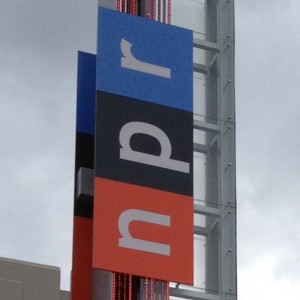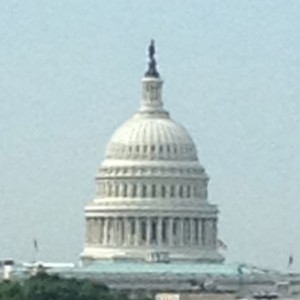The Federal Trade Commission will investigate what it calls Patent Assertion Entities, commonly referred to as “patent trolls,” companies whose primary business model is buying patents and suing people for infringement.
The FTC has proposed a series of questions that it will ask the 25 most controversial PAEs to gather information on how the companies conduct their businesses and litigation.
The practice of patent trolling has grown alongside technology. Some PAEs purchase software patents from cash strapped companies and send infringement letters to small developers, who often agree to settle or pay a licensing fee to avoid the cost of litigation.
The executive branch has recently taken up the issue of patent trolling. This summer, the White House published several blog posts, tweets and graphics to raise awareness of the problem.
Earlier this year, a company called Personal Audio LLC claimed to have a patent on podcasting and filed lawsuits against several podcasts, including the Adam Corolla Show and HowStuffWorks.
The Electronic Frontier Foundation has launched “Trolling Effects,” a resource for those who have been targeted by patent trolls.
Natasha Duarte is a 2L at the University of North Carolina School of Law and a first-year master’s student at the UNC School of Journalism and Mass Communication.



